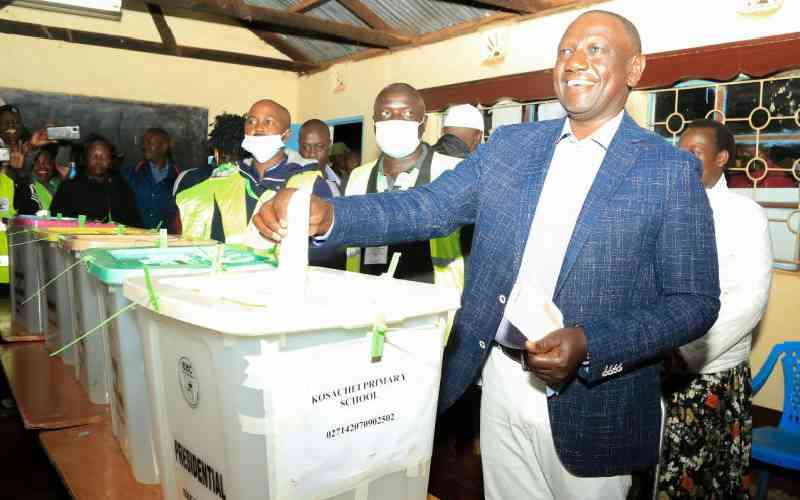
The first phase of Elections 2022 is over. We are now headed to the judicial chapter which we have learnt, from both 2013 and 2017, has the capacity to throw us shockers.
As the country settles, we need to use the lessons learnt from these elections to improve the quality of our elections and the legal and political acceptability of the result. The challenges evidenced in the elections require a multiplicity of approaches. Some require a change in law to smoothen what are obvious inadequacies of the process as currently designed.